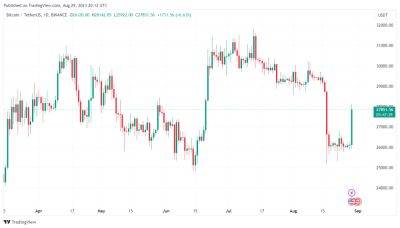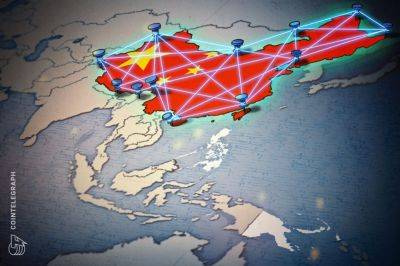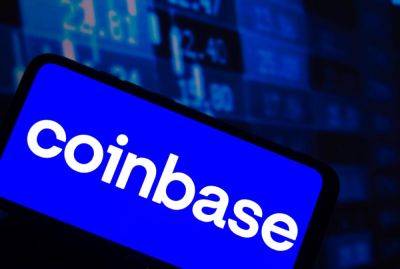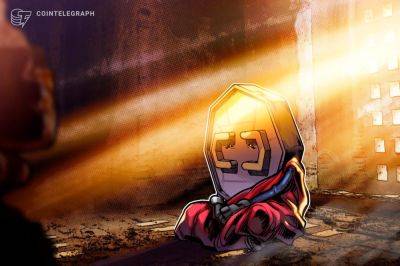Bitcoin Mining Difficulty Hits New All-Time High of 55.64 Trillion Hashes – Why This is Bullish for the BTC Price
The Bitcoin mining difficulty, a measure of how difficult it is to mine a block, just hit a new all-time high at 55.62 trillion hashes, as per CoinWarz.
The Bitcoin mining difficulty is automatically adjusted by the protocol once every two weeks, or once 2,016 blocks have been mined, with these block intervals referred to as epochs.
The Bitcoin network aims for it to take 10 minutes to mine each block.
If mining activity rises during one epoch, bringing the average time to mine a block down from this 10-minute target, the network automatically adjusts the mining difficulty higher at the end of the epoch.
Likewise, if the average time to mine a block rises above 10 minutes during an epoch, the difficulty will be reduced.
The mining difficulty at an all-time high is a direct reflection of the rising computing power of the Bitcoin network, as more miners enter the market to gain a share of the network’s Bitcoin issuance (6.5 BTC per block) and transaction fees.
Indeed, the hash rate (a measure of computing power) of the network reached an all-time high of around 414 TH/s earlier this month, as per Blockchain.com.
That’s a jump of more than 60% since the start of the year.
Bitcoin’s rising difficulty is bullish for the price, argue analysts at Bitfinex.
“Bitcoin difficulty increasing can suggest that miners believe that the current price demonstrates that the current price of Bitcoin suggests a downwards deviation in the true value of Bitcoin,” analysts at the exchange told Cryptonews.com.
“Miners could be confident that the price of Bitcoin will eventually rebound as this can be seen as a mere downwards deviation from its real value... Hence investing more resources to mine Bitcoin at these prices could be highly profitable to them”.
Read more on cryptonews.com





















